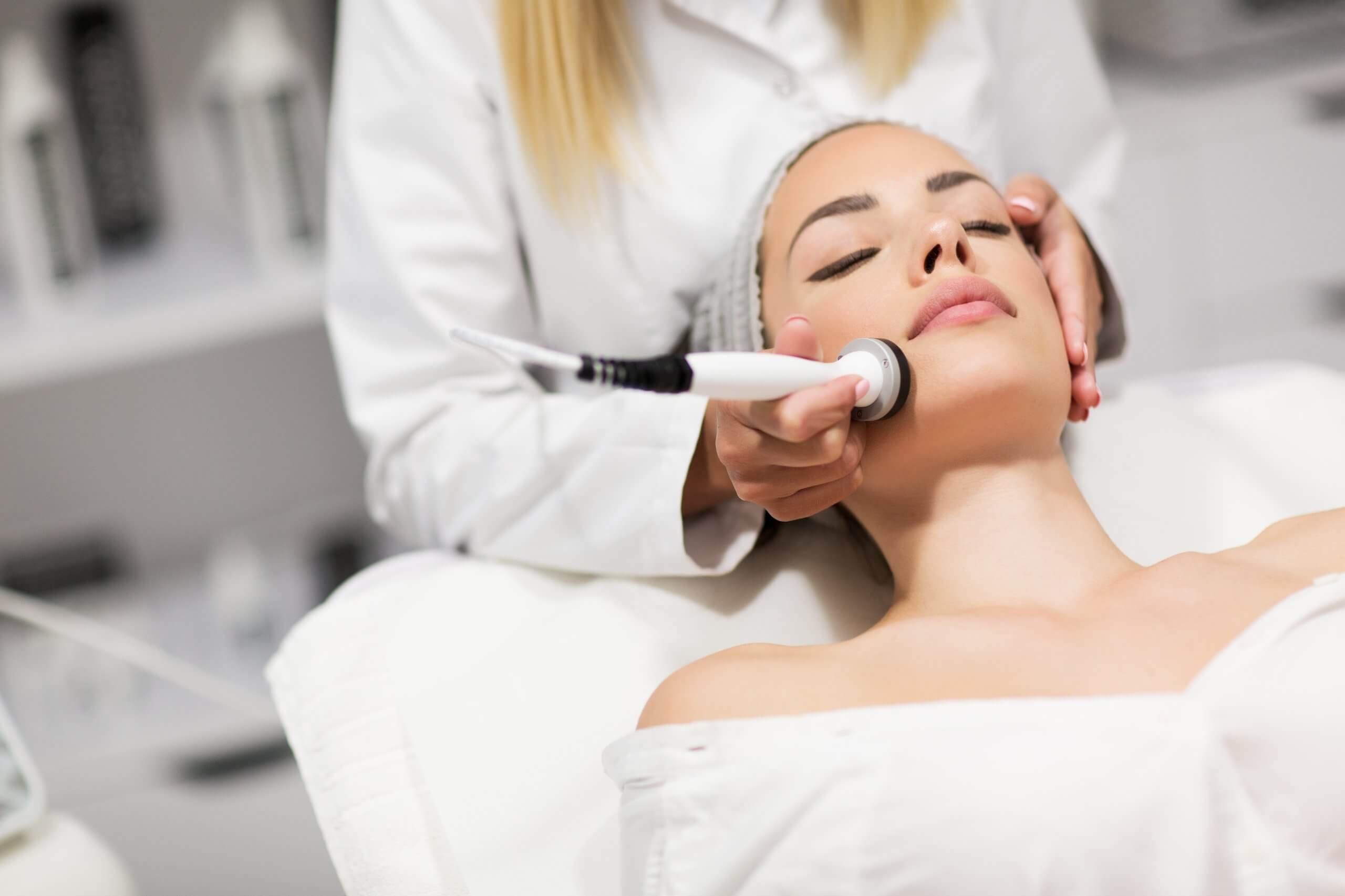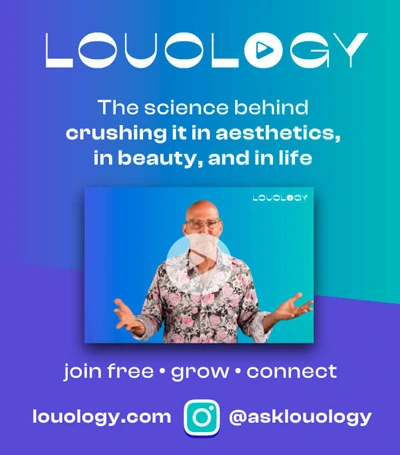Discover the Power of Laser Skin Rejuvenation Training in Chicago
Are you passionate about helping people achieve their skin rejuvenation goals? As well as that, do you enjoy helping others obtain healthier and more youthful-looking skin? If the above is true and you have an interest in the field of cosmetic laser technology, laser skin rejuvenation training in Chicago is the perfect opportunity for you!
In this post, we will go over exactly what is involved in the world of laser skin rejuvenation, its benefits, and the types of skin conditions it can address. As well as that, we will discuss the types of cosmetic lasers used in the process of laser skin rejuvenation and National Laser Institute’s program offered. Get ready to embark on a journey of career transformation and learn why National Laser Institute is the ideal choice for laser skin rejuvenation training in Chicago.
Discover the Power of Laser Skin Rejuvenation Training in Chicago
 What is Laser Skin Rejuvenation?
What is Laser Skin Rejuvenation?
So, just what is laser skin rejuvenation and what does it do? To further explain, laser skin rejuvenation is a non-invasive, non-surgical, procedure. In addition, it is a cosmetic procedure that utilizes laser technology to improve the appearance of the skin. For example, laser skin rejuvenation treatments improve the texture, tone, and appearance of the skin.
The process of laser skin rejuvenation works by delivering precise beams of light energy to the targeted areas. Due to this, collagen production is stimulated and new, healthier skin growth is promoted. This results in a reduction of fine lines and wrinkles, improved skin health, a reduction in acne scars, and more.
What does Laser Skin Rejuvenation Treat?
Important to note, laser skin rejuvenation is an incredibly versatile treatment. Its versatility is that it can address a wide range of skin imperfections and concerns. For example, it is especially effective in reducing the appearance of fine lines and wrinkles. In addition, it improves skin tone and texture.
Additionally, laser skin rejuvenation improves the skin by diminishing sun and age spots, as well as fading acne scars. In addition, laser skin rejuvenation can help tighten loose skin to improve its overall elasticity. This results in a more youthful and revitalized complexion.
What Types of Lasers Are Used for Laser Skin Rejuvenation Treatments?
There are various types of lasers used to perform laser skin rejuvenation treatments. With this in mind, each laser is equipped with specific properties and target areas. A few common lasers used are fractional lasers and CO2 lasers.
For example, fractional lasers deliver precise, fractional laser energy to the skin. With this in mind, this creates safe, micro-injuries to the skin to stimulate collagen production and promote skin regeneration. In addition, CO2 lasers are used for laser skin rejuvenation by treating deep wrinkles, scars, and more.
Laser Skin Rejuvenation Treatments
Photofacial or IPL (Intense-Pulsed Light)
A photofacial is a treatment that targets pigmented and vascular lesions on the skin. As well as that, this treatment promotes a more even skin tone and texture, as well as rejuvenating the skin. To explain further, Photofacial, or IPLs, utilize broad-spectrum light energy to target the desired area on the client.
How Does a Photofacial Work?
Furthermore, a Photofacial uses a handheld device that emits intense pulses of light energy onto the skin’s surface. Next, this light energy is absorbed by the melanin in the pigmented cells…think sun spots, age spots, or freckles. As well as that, the light energy targets the hemoglobin in blood vessels that cause spider or varicose veins.
After the light energy is converted into heat, it breaks down the targeted pigmented cells. In addition, when the light energy is converted into heat, it coagulates the blood vessels without harming the surrounding, healthy tissue. One advantage of a Photofacial is the versatility it offers. With this in mind, it can effectively treat a wide range of skin conditions.
What is the Photofacial Treatment Process?
During the treatment process, clients may feel a mild stinging or snapping sensation as pulses of light are delivered to the skin. Although it is important to note that there might be some mild discomfort, most clients do not require anesthesia or numbing creams. In addition, most clients do not require anesthesia or numbing creams. A Photofacial session typically lasts between 15-30 minutes, depending on what is being treated and the size of the treated area.
How Many Sessions Do Clients Require?
The number of recommended sessions varies from client to client based on the specific skin concern and their desired results. In general, a series of 3-6 treatments, spaced several weeks apart, is recommended to achieve optimal outcomes. However, this can vary based on individual factors that present themselves as the severity of the condition being treated, in addition to the client’s response to the treatment.
After the Photofacial
After a Photofacial treatment, clients may experience some temporary redness, mild swelling, or a sunburn-like sensation. These side effects usually subside within a few hours to days following the treatment In fact, most clients can resume their regular activities immediately following the procedure.
As a cosmetic laser technician, you will present the client with the post-treatment care instruction. Some instructions may include avoiding sun exposure or the utilization of sunscreen or moisturizer to protect the treated area.
When can Clients See Results After a Photofacial Treatment?
The results of a Photofacial treatment are progressive, so they will become noticeable over time. This is due to the targeted pigmented cells naturally being eliminated from the body. As well as that, clients will experience a gradual improvement in skin texture and tone, in addition to a reduction in pigmentation irregularities.
It is important to consider that individual results may vary based on factors such as skin type and skin condition being treated. In addition, other factors include client lifestyle factors, such as sun exposure or skincare routine.
To conclude, a Photofacial is a non-invasive, non-surgical treatment performed by cosmetic laser technicians. As well as that, the treatment utilizes intense pulses of light to target and correct various skin concerns, including pigmentation irregularities and vascular lesions. In addition, a Photofacial offers a safe and effective laser skin rejuvenation treatment option for clients who seek a more youthful and even complexion.
National Laser Institute
When you enroll in National Laser Institute’s two-week boot camp cosmetic laser training course in Chicago, you will receive a comprehensive education in laser skin rejuvenation and more. In addition to learning laser skin rejuvenation techniques, you will learn about laser skin safety, skin anatomy, and skin physiology. In addition, you will learn about client consultations and the business aspects of running a successful laser practice.
National Laser Institute’s program combines didactic, as well as hands-on training to give you the real-world experience of a cosmetic laser technician. Finally, National Laser Institute’s comprehensive laser skin rejuvenation training program will ensure you have the knowledge and tools to succeed in the medical aesthetic industry.
National Laser Institute
Importantly, why choose National Laser Institute? Well, National Laser Institute stands out as a leader in the medical aesthetic industry and educators of exceptional cosmetic laser technicians for several reasons. First, National Laser Institute’s experienced instructors are industry professionals with a wealth of knowledge and experience.
As well as that, you will be provided with personalized attention and guidance throughout the training program. In addition, National Laser Institute’s state-of-the-art facilities and cutting-edge equipment offer you a realistic training environment that mirrors a professional med spa. Contact National Laser Institute today and discover the power of laser skin rejuvenation training in Chicago.








